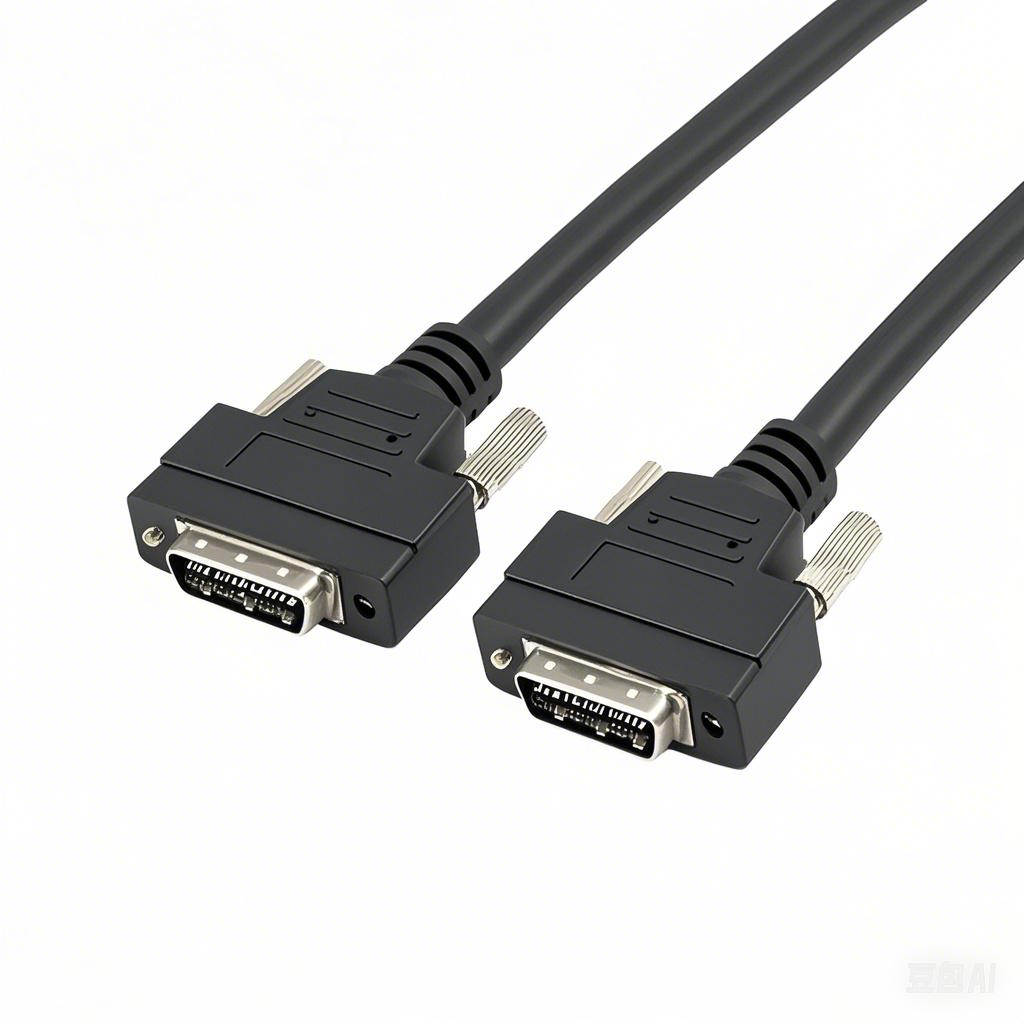What are the common problems with machine cable
Machine cables are vital components in various industrial and mechanical systems, but they often encounter a range of common problems that can affect their performance and reliability.
One prevalent issue is physical damage. Cables in machinery are frequently exposed to harsh environments where they may be subjected to abrasion, impact, or crushing. For example, in manufacturing plants, cables running alongside moving parts can get rubbed against metal surfaces, wearing down their insulation over time. This abrasion can lead to exposed conductors, increasing the risk of short circuits or electric shocks. Similarly, heavy equipment or tools accidentally dropping on cables can cause crushing, deforming the internal structure and disrupting the flow of electricity or data.
Another common problem is insulation degradation. Factors such as high temperatures, chemical exposure, and prolonged use can contribute to this. In industrial settings with high heat levels, like near furnaces or engines, the insulation material of the cables can deteriorate, becoming brittle and prone to cracking. Chemicals present in certain workplaces, such as oils, solvents, or corrosive substances, can also attack the insulation, weakening its protective properties. Once the insulation is compromised, moisture and contaminants can seep in, leading to electrical faults.
Electrical issues are also widespread. Overloading is a typical electrical problem where the current flowing through the cable exceeds its rated capacity. This can occur when too many devices or machinery are connected to a single cable, causing it to overheat. Overheating not only damages the cable itself but can also pose a fire hazard. Additionally, poor connections or loose terminations can result in high resistance, leading to voltage drops, power loss, and intermittent operation of the machinery. Arcing, which is the discharge of electricity between conductors, can also happen due to loose connections, further damaging the cable and surrounding components.
Environmental factors can also take a toll on machine cables. Exposure to extreme weather conditions, such as heavy rain, snow, or extreme cold, can affect outdoor cables. Water ingress due to rain or snow can cause short circuits, while freezing temperatures can make the cables stiff and more susceptible to breaking. UV radiation from sunlight can also degrade the insulation of outdoor cables over time.
In conclusion, machine cables face various common problems including physical damage, insulation degradation, electrical issues, and the impact of environmental factors. Being aware of these problems and taking appropriate preventive measures, such as proper installation, regular inspection, and using cables suitable for the specific environment, can help extend their lifespan and ensure the smooth operation of machinery.











